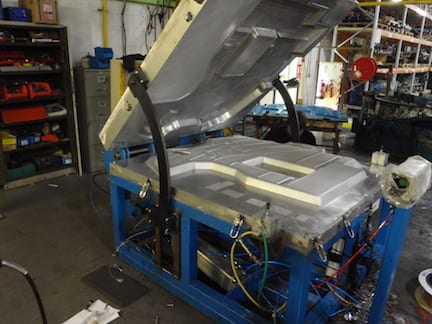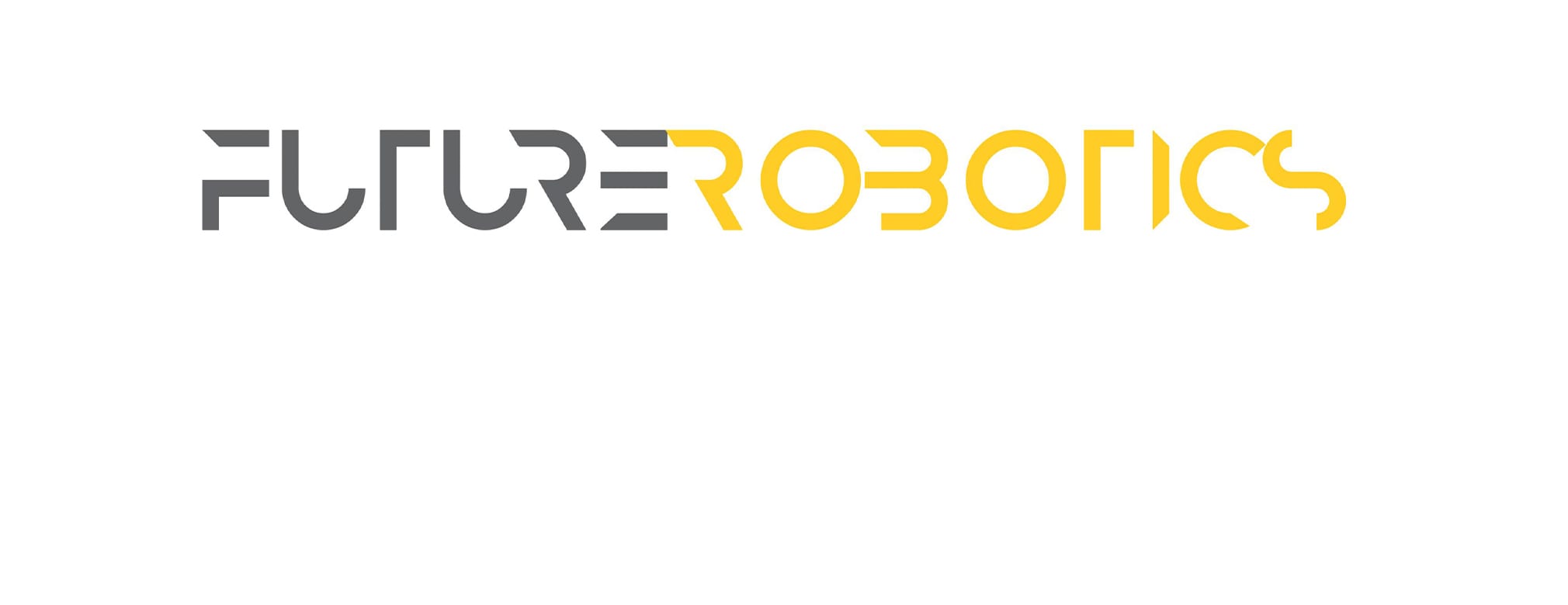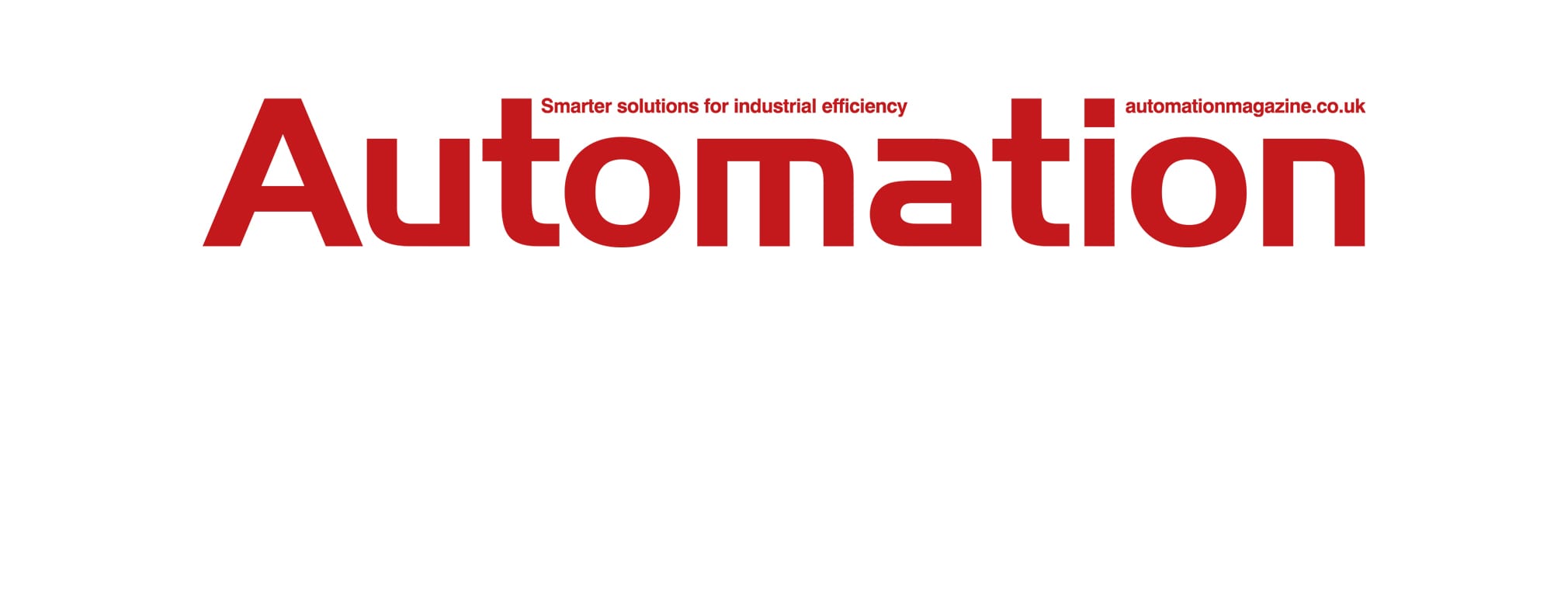
The machine essentially comprises a large and heavy split tool that is used to form sheets of polyurethane into panels that are used to clad the interiors of special-purpose vehicles. The tool is split horizontally into two halves, and the top half is raised pneumatically to allow the insertion of a flat polyurethane sheet and its subsequent removal after the moulding process is complete.
The moulded product is removed manually, which means that the operator has to reach in between the two halves of the tool. If the top half of the tool were to descend unexpectedly at this point, the risk of the operator being injured would be high. This precludes the use of standard pneumatic cylinders as, if the air supply failed, they would not be able to safely hold the tool open.
Simmatic therefore suggested the use of fail-safe rodlock cylinders, which maintain their current position even if the air supply fails and can only be released by a separate pneumatic signal. The rodlock cylinders supplied by Simmatic will, in fact, hold their position under twice the load they are rated to support when operating normally from a 6 bar compressed air supply.
Because of the weight of the tool used in this application, very large rodlock cylinders were needed. The Airwork range supplied by Simmatic, however, is unusual in that it includes 125 mm diameter rodlock cylinders that are available on short deliveries, whereas most other manufacturers quote extended delivery times on rodlock cylinders larger than 100 mm diameter, if indeed they are able to supply them at all.
The rodlock cylinders provide an excellent foundation for a safer operating mechanism for the moulding tool, but the Simmatic engineers also suggested that fitting shot-bolt cylinders would further enhance safety. When the tool is fully open, these pneumatically controlled devices shoot heavy-duty pins through apertures to act as physical restraints and prevent the tool from moving, even if all other safety measures fail. The shot-bolt cylinders were, once again, selected from the Airwork range.
Safety is a specialist area, and final safety assessments must always be carried out by appropriately qualified persons. However, an expert supplier like Simmatic can provide invaluable advice on designing safety into industrial systems, which is invariably a better and more cost-effective approach than trying to add safety features to a finished or almost finished design.



